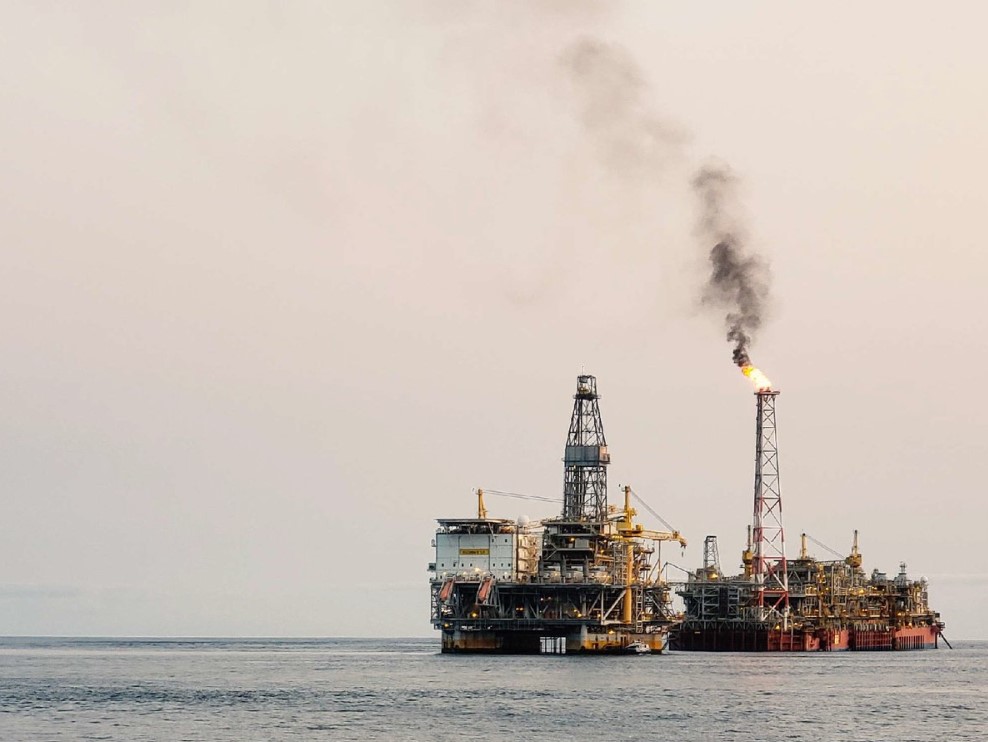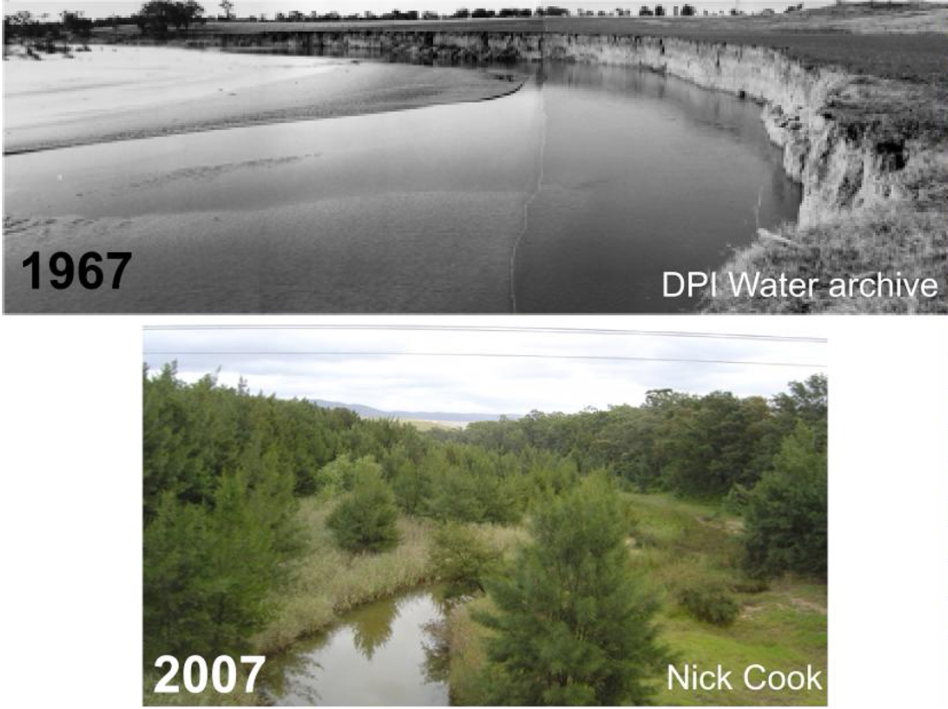New research finds that nine banks provided billions of dollars to build key infrastructure for the Barossa gas project. Campaigners say divest now.

Solutions for Our Climate (SFOC), Environment Centre NT, Japan Center for Sustainable Environment and Society (JACSES), Jubilee Australia Research Centre, Reclaim Finance, and Urgewald have published a report on banks behind Australia’s dirtiest gas project—the Barossa gas project. The research, for the first time, uncovered how much private financial institutions have directly funded the gas project.
The report reveals nine banks that provided a total of US $1.15 billion in loans to build the Floating Production Storage and Offloading (FPSO) vessel, a ship that would process gas extracted from the Barossa gas field before transporting it to a nearby gas plant in Northern Australia.
The Barossa project is expected to release 13.5 million tons of CO2eq each year – around 3 percent of Australia’s annual carbon emissions. Even with the proposed carbon capture storage (CCS), it is projected to release similar amounts of emissions.
The banks financing the gas project include: Korea Development Bank (KDB)*, United Overseas Bank (UOB), Clifford Capital, MUFG Bank, Natixis, Oversea-Chinese Banking Corporation (OCBC), Sumitomo Mitsui Banking Corporation (SMBC), ABN Amro, and Cooperative Rabobank. In addition, Macquarie Bank served as a structuring bank, facilitating the entire financial transaction. (*Note: KDB is state-owned.)
All banks involved, except for KDB and Clifford Capital, have committed to achieving net-zero by 2050 with their lending and investment portfolios, under the UN-convened Net-Zero Banking Alliance (NZBA). To meet this climate target, the world must stop developing new oil and gas fields, according to the International Energy Agency.
The report follows a series of legal challenges against the Barossa gas project led by Indigenous communities. Last December, the Australian Court revoked the project drilling permit for inadequate consultation of Traditional Owners. In March, Traditional Owners lodged a human rights complaint against banks associated with the project.
The organisations behind the report urge financial institutions to withdraw their investments from the gas project.
The banks are eligible for repayment from the project owners if major approvals and permits are not obtained, according to documents from KDB. The report also recommends that banks establish a policy to exclude financing for new oil and gas projects, including investments in FPSOs.
Dr. Luke Fletcher, Executive Director of Jubilee Australia Research Centre said, “Here in Australia, we are already seeing the effects of the climate crisis, with record-breaking bushfires and floods.
“Our research has found that the Barossa gasfield could be Australia’s dirtiest LNG operation. Fighting the climate crisis must begin with stopping new fossil fuel projects from going ahead. As the Australian government legislates its signature safeguard mechanism policy to combat emissions, financiers could be investing in a failed operation.”
Lucie Pinson, Executive Director of Reclaim Finance added: “The involvement of these banks in this polluting project highlights the utter meaningless of the net zero pledges they have made. The signatories to the Net Zero Banking Alliance (NZBA), which include the French bank Natixis, want to be seen as climate leaders, but their actions show that they are still supporting the development of extremely damaging fossil fuel projects, which will lock us into a high carbon future.
“This is classic greenwashing and it is high time Natixis and the other NZBA banks stop financing new fossil gas projects, including Barrosa.”
Naish Gawen, a Gas Campaigner at Environment Centre NT said, “Gas companies, banks, public financial institutions, and investors all need to reckon with the fact that you can’t just rush ahead with fossil fuel projects on First Nations peoples’ land without even talking to them first, and without obtaining their consent. That is not acceptable conduct, and it will be opposed. If developed, Barossa would be the dirtiest offshore gas project in Australia. Not only is the project a polluting carbon bomb, it is opposed by Traditional Owners, and poses grave risks to marine life and Sea Country.”
Solutions for Our Climate (SFOC) is a South Korea-based group that advocates for stronger climate policies and reforms in power regulations. SFOC is led by legal, economic, financial, and environmental experts with experience in energy and climate policy and works closely with policymakers.
Japan Center for a Sustainable Environment and Society (JACSES) is an NGO dedicated to achieving sustainable development and social justice in the society. JACSES broadly engages the general public and experts in research, policy advocacy, and awareness-raising.
The Jubilee Australia Research Centre engages in research and advocacy to promote economic justice for communities in the Asia-Pacific region and accountability for Australian corporations and government agencies operating there.
Reclaim Finance is a non-governmental research and campaigning organization dedicated to issues linking finance with social and climate justice.Urgewald is a German environment and human rights NGO, whose goal is to establish strong environmental and social standards for the international finance industry.


